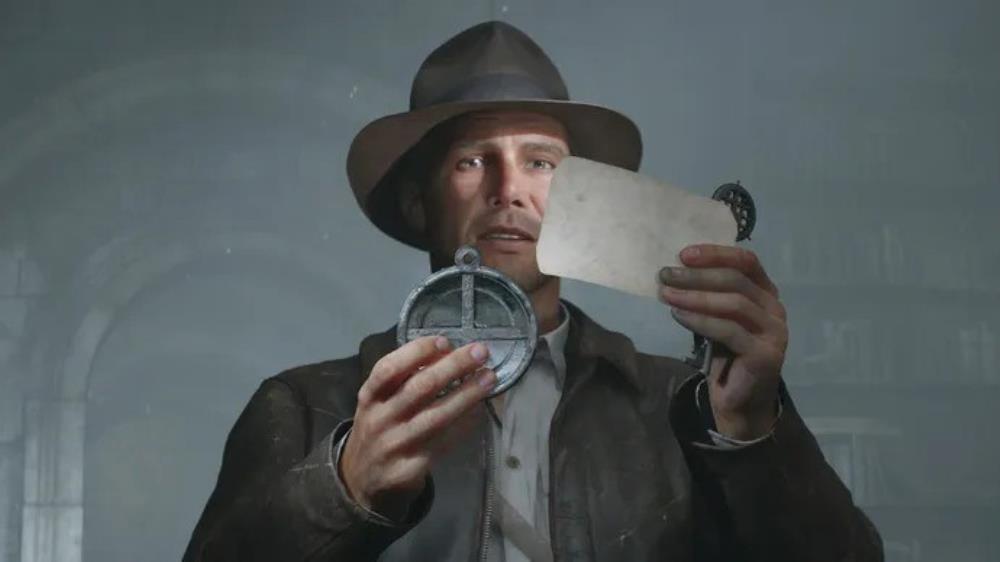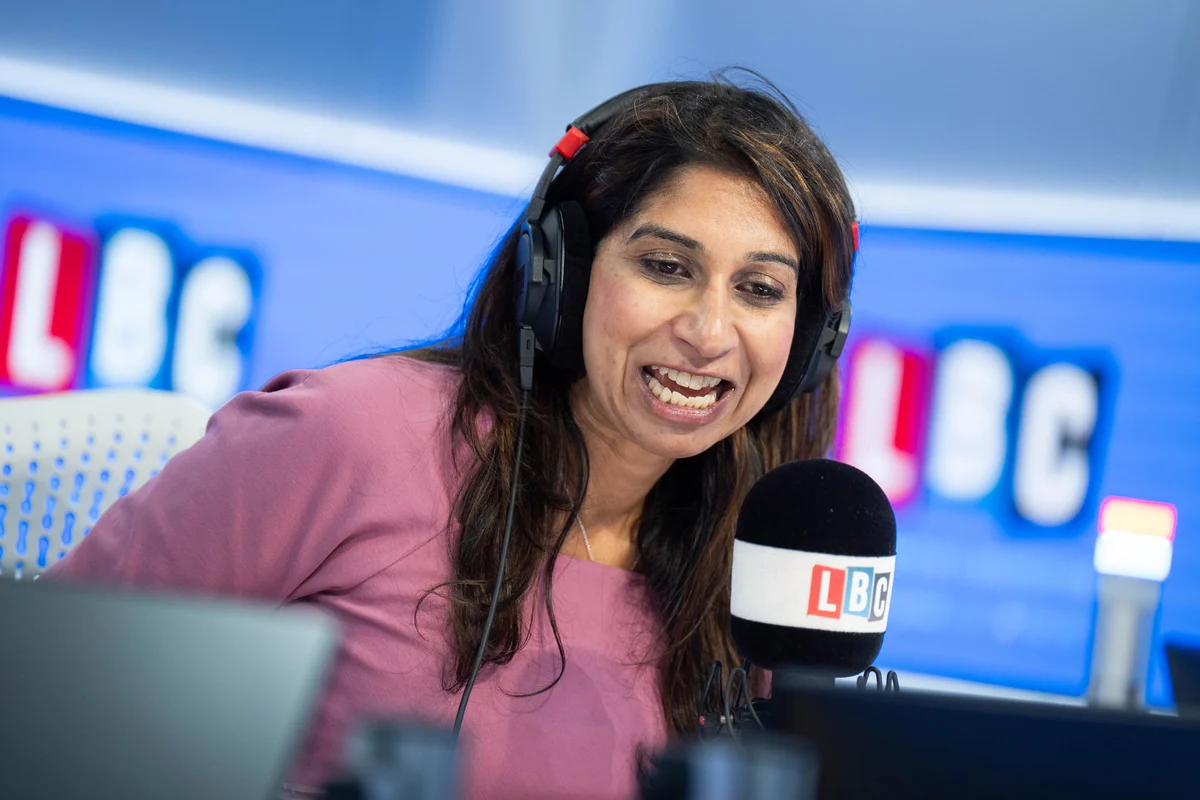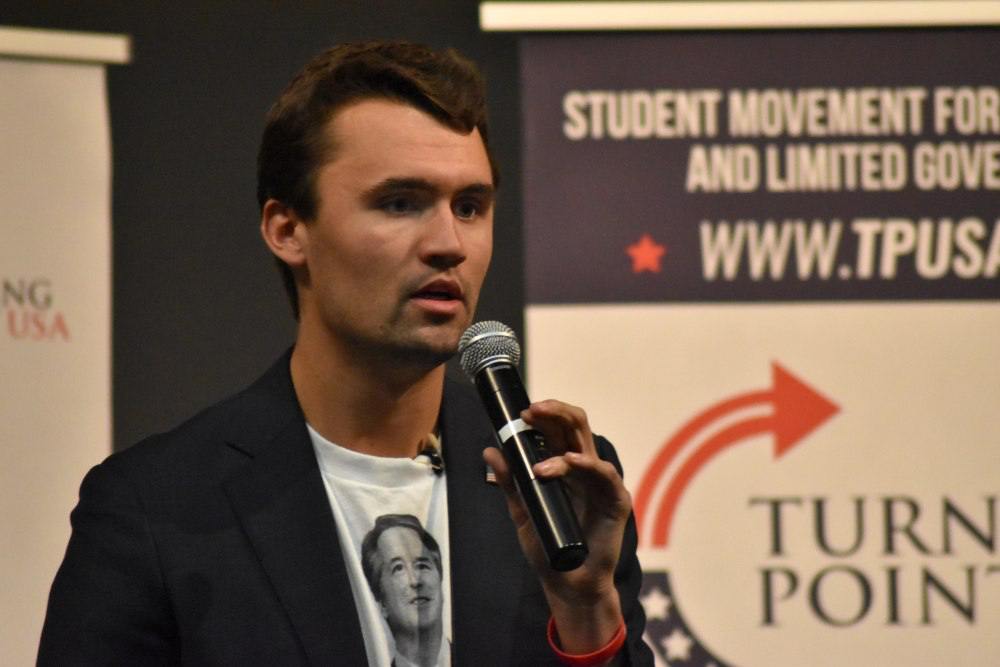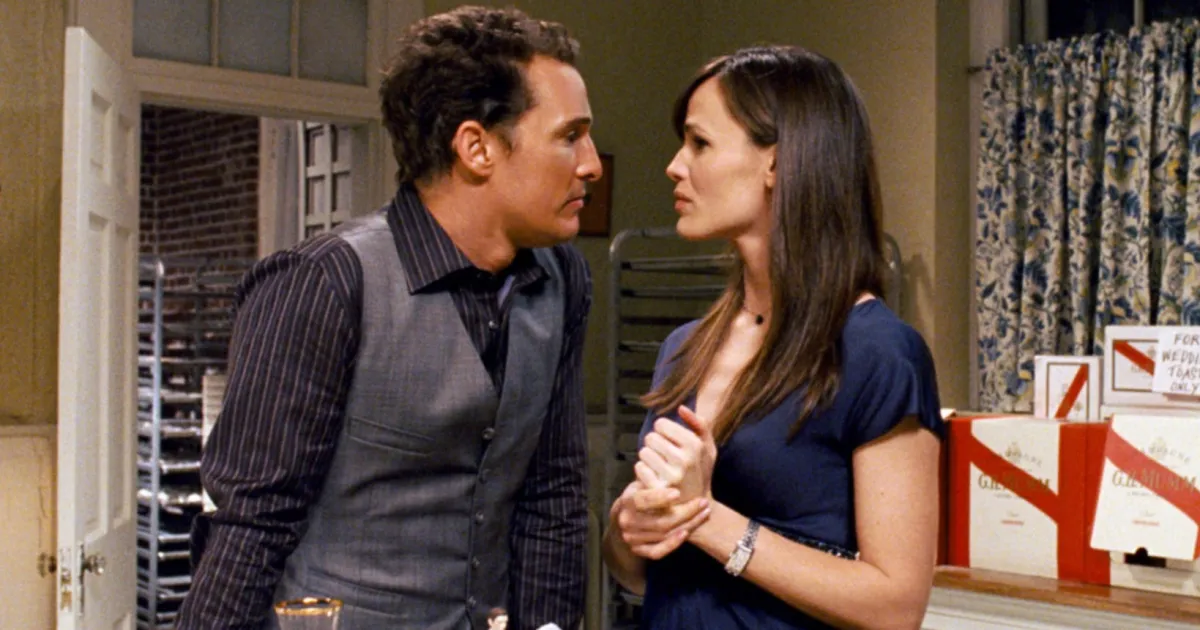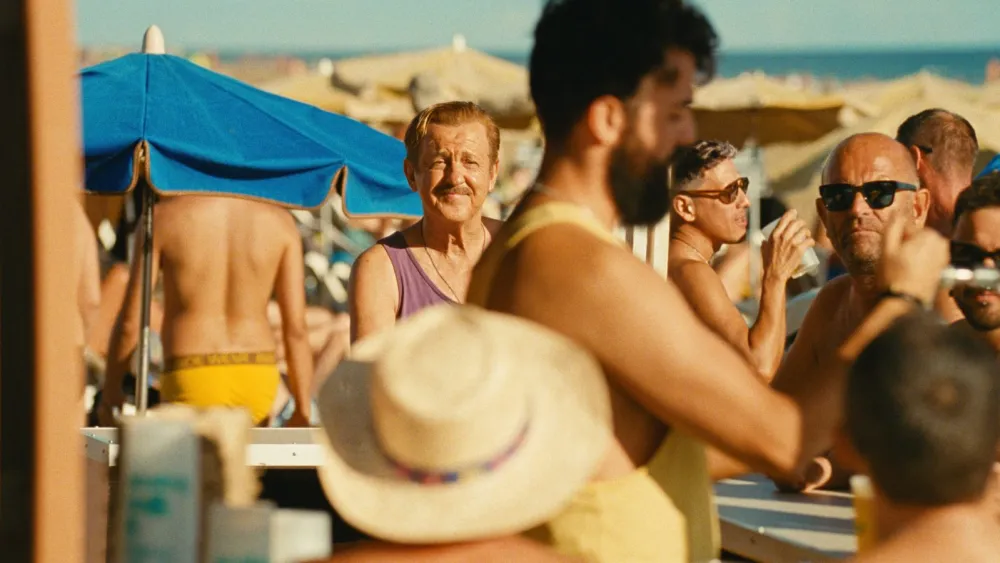
Basque cinema is punching above its weight at San Sebastián, with 75% of Spanish competition titles fully or partially Basque, underscoring how regional industries, once seen as peripheral, are increasingly shaping Spain’s national film landscape. Two flagships — José Mari Goenaga and Aitor Arregi’s “Maspalomas” and Asier Altuna’s “Karmele” — exemplify the strategies of their producers, Xabi Berzosa and Marian Fernández Pascal, as Basque production powers up.
A 100% Basque production, “Maspalomas” dramatizes a late-life coming out, then retreat, set between Gran Canaria’s gay scene and a San Sebastián nursing home. “I went to Maspalomas for the first time in 2016, and I thought this was a reality rarely seen in cinema,” Goenaga told Variety. “We’ve seen films about people coming out. But not about someone who decides to go back inside,” added Arregi.
For Berzosa, producer at Irusoin and founding partner at Moriarti Produkzioak, the creative ambition required a gamble: shooting on 35mm. “Sometimes it doesn’t make sense, but here it did,” he said. “When you shoot in 35mm and say ‘camera rolling,’ everyone is 100% focused. With digital, it’s easier to be less laser focused. Film creates a different atmosphere, and we wanted that for this project.”
The reels nearly went missing in transit from the Canary Islands to Madrid, but the risk, he argued, paid off in intimacy. Financing was entirely Basque, though he shrugs at the symbolism: “If A24 produced something in Basque, I would still say it’s a Basque film. The key element is language and culture.”
If “Maspalomas” turns on the intimate, Altuna’s “Karmele” is a Basque-language historical epic, adapted from Kirmen Uribe’s novel “The Hour of Waking Together.” Spanning many decades from 1937 France, Venezuela and the Basque Country, it tells of exiled artists and a love story forged in diaspora. “The book was so huge you could make a 12-episode series,” said Fernández Pascal. “The challenge was to tell it in less than two hours, across decades and continents, with a limited budget. But I think the audience will still feel the emotional and geographical journey.”
Initially planned as a broader international co-production, “Karmele” scaled back after COVID. “We realised we could make the film without travelling so far,” Fernández Pascal said. “In the end, Basque TV, Spanish public TV, the Basque Government and tax incentives were decisive.” For her, working in Basque is natural: “Maybe from outside people ask ‘why in Basque?’ But for us, why not? The language isn’t the problem — the story is.”
San Sebastián’s lineup reflects the sector’s range. Alongside “Maspalomas” and “Karmele,” Basque presence also takes in Alauda Ruiz de Azúa’s Spanish-language “Sundays,” co-produced by Movistar Plus+, as well as Buenapinta Media, Colosé Producciones, Sayaka Producciones and Encanta Films. It met with a warm reception at a press conference on Monday.
Further Official Selection titles are Alberto Rodríguez’s “Los Tigres,” another Movistar Plus+ feature, co-produced by Kowalski Films; and Agustín Díaz Yanes’ “She Walks in Darkness,” a Netflix original produced by J.A.Bayona via Basque-based production company Basoilarraren Filmak created specifically for the film.
“I’m more interested in co-productions than ever, even as a minority partner,” said Fernández Pascal. “The industry is changing so fast. We need to stay flexible.”
That change has been at least two decades in the making. “20 years ago, the Spanish industry was absolutely Madrid-focused,” Berzosa noted. “Now it’s much more balanced, and that’s healthy. It keeps talent in different regions, lets each area develop independently, and brings new directors into the system.” Fernández Pascal added: “Now we have technicians, production companies, directors and screenwriters with ideas, and finance partners committed to supporting Basque-language work.”
The growth has drawn outside partners — Tornasol, Buendía Estudios, Toboggan among them — while Netflix continues to invest in originals. Local hubs like Tabakalera and EQZE are training a new generation, widening the talent pool. The region isn’t defined by one genre but many, not by one generation but several, and not by narrow collaborations but expansive ones.
Yet both producers strike a note of caution. “We share the same fears as Hollywood producers,” Berzosa warned. “How society is changing, how we might lose the communal cinema experience. Everyone talks about streaming’s success. But we don’t talk enough about how to keep the whole ecosystem alive. For me, it has to start with cinemas.” Fernández Pascal agreed: “Another crisis will come. But we’ve survived before, and we’ll adapt.” With ambitious epics and intimate dramas side by side, Basque cinema has never looked stronger. For all the momentum, uncertainty remains. It’s a bumper year, on an always bumpy ride.
